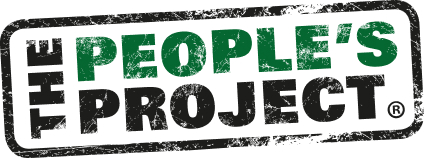Noticed someone sleeping rough or in their car?
If you have seen someone in Hamilton or Tauranga who might be homeless, please fill in our anonymous contact form below, and we’ll pass the details on to our outreach team.
If you believe someone is in a life-threatening emergency situation, call 111 for emergency services.
Our offices
The People’s Project has Housing First services in Hamilton and Tauranga.
Please contact us to make an appointment or call in to one of our offices.
Hamilton
Mānuka House, 871 Victoria Street.
Phone 0800 437 348
Email info@thepeoplesproject.org.nz
Tauranga
Marino House, 63 Second Avenue.
Phone 0800 437 348
For media enquiries, please email your request to media@thepeoplesproject.org.nz.
